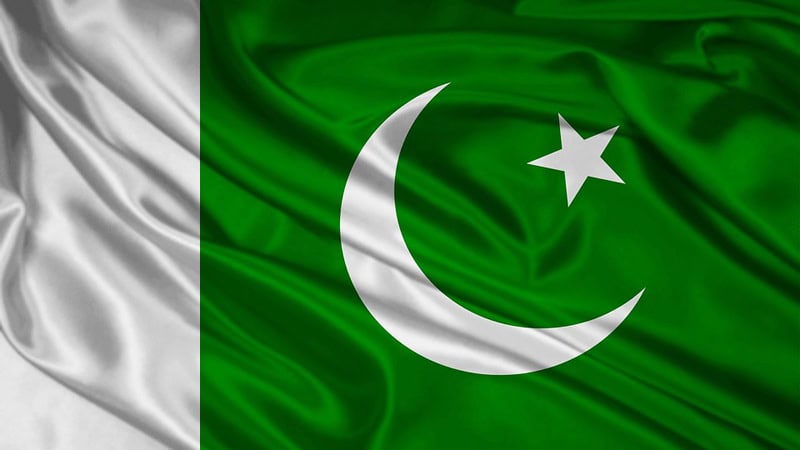Karachi: Pakistani stocks fell on Monday, a day after the country received its 22nd bailout from the International Monetary Fund (IMF), as investors and analysts expressed doubt over the reported conditions of the deal.
The benchmark KSE-100 index of the Pakistan Stock Exchange (PSX) dropped by 816 points or 2.41 percent to close at 33,900 points.
“The investors have taken the IMF conditions as negative, especially with regard to free float of the rupee against the dollar and increasing the interest rate,” Yawar Uz-Zaman, head of Research at Shajar Capital, a brokerage house in Karachi.
Pakistan and the IMF on Sunday reached a new agreement securing a $6 billion bailout for the cash-strapped country, following months of painstaking negotiations between the two sides. The deal still needs approval from the IMF board in Washington.
For more than a year now Pakistan has struggled to stave off a looming balance-of-payments crisis while its economy teeters due to low growth, soaring inflation, and mounting debt.
Analysts have warned that any fresh IMF deal would likely come with myriad restrictions that could hobble Prime Minister Imran Khan’s grand promises to build an Islamic welfare state, as the country is forced to tighten its purse strings.
Khan had long vowed not to go to the IMF, and his political opponents were quick to deride the announcement, with one particularly dark tweet from Bilawal Bhutto Zardari, son of assassinated prime minister Benazir Bhutto.
“So who’s got our PM on suicide watch then? #PTIMF” he tweeted, using a hashtag to play on the name of Khan’s party — Pakistan Tehreek-e-Insaf, or PTI — and the IMF.
Some analysts suggested $6 billion would not be enough to pull the country back from the brink, with Zaman describing it as “insufficient”.
Mohammad Sohail, CEO of Karachi-based brokerage house Topline Securities, said they believe Pakistan’s annual foreign payments could be as high as $14 billion.
If Khan’s government can secure more funding from donors including China and Saudi Arabia, from whom Khan has already raised billions, then it could be sufficient, he said. “If not, it would not be enough for the foreign payments.”
Salman Ahmed, head of institutional sales at Aba Habib Ali, a brokerage house in Karachi, said the amount was less important than the fact a deal had been struck at all.
“This will give the government a breathing space, and now it can look around for other sources of financing foreign debts,” he said.
[source_without_link]AFP[/source_without_link]

